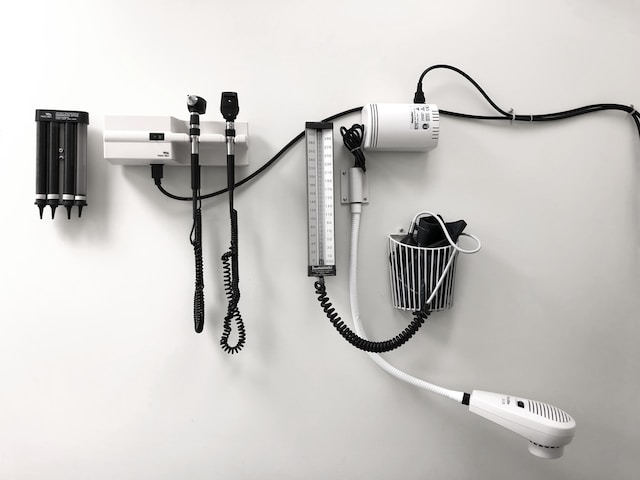
The Federal Employers Liability Act (FELA) was passed in 1908 to provide compensation to railroad workers injured as a result of a railroad company’s negligence. At the time of the law’s passage, there were many common law defenses that allowed corporate defendants to escape liability. The FELA was carefully drafted to prevent railroads from using many of these defense “loopholes” to escape liability to injured workers.
One of these defenses is “assumption of risk”, where a defendant claims that a person was injured doing something that was known to be dangerous. To promote adherence to safety statutes, the original text of the FELA prevented railroad employers from arguing that an employee had assumed the risks of employment in a “hazardous and dangerous” occupation in cases where the railroad had violated a safety statute.
In 1939, the prohibition on arguing that an employee had assumed the risks of his employment were strengthened even more. The law was amended to prohibit railroads from making this argument “in any case where such injury or death resulted in whole or in part from the negligence of any of the officers, agents or employees of such carrier”, in addition to any time in which the railroad violated a specific safety rule.
Even today, railroads often try to blur the lines between permissible defenses, and defenses that the FELA specifically prohibits. For example, in the 2010 case of Collins v. Amtrak, the railroad claimed that an employee who had died from an electrocution accident was contributorily negligent (and solely responsible) because he had failed to exercise his Right of Refusal to perform a dangerous task that the railroad had allowed to become a common practice. The appellate court noted that the defense was presented as one of contributory negligence, but was actually assumption of risk. The court noted that “unless great care [is] taken, the [employee]’s rights will be sacrificed by simply charging him with assumption of risk under another name.” 417 Md. 217
An experienced railroad injury attorney will be able to determine if the railroad is using a permissible defense, or trying to disguise a prohibited defense such as assumption of risk. Contact us today for a free case consultation.





